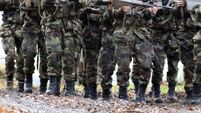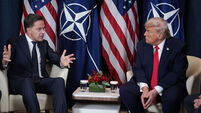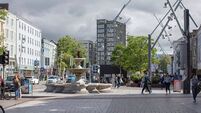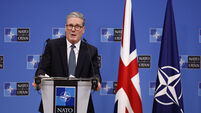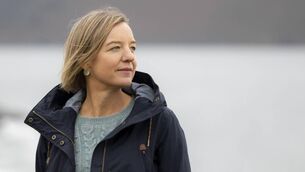Even in laid-back Copenhagen, Europe feels chill wind of geopolitical tension
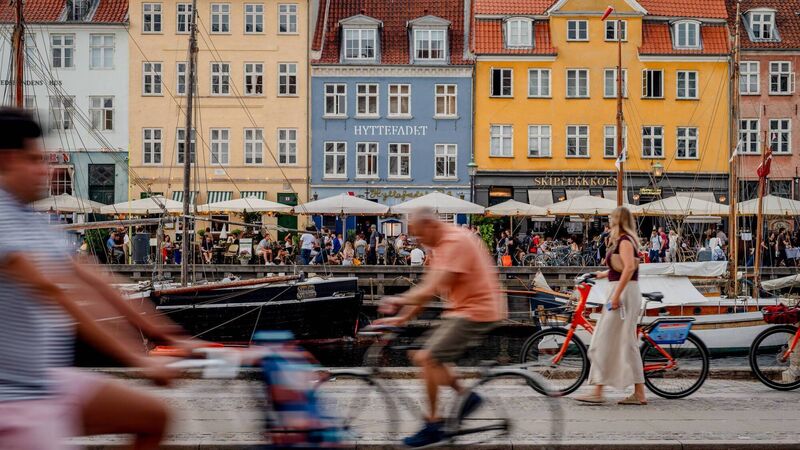
Denmark beefed up security and introduced a strict no-fly rule for drones including civilian ones, ahead of this week's meeting of European leaders. Picture: Hilary Swift/Bloomberg
Walking around Copenhagen on a bright and brisk October morning, it would not strike you as the kind of city that is worried about security.
Traffic on the streets of the Danish capital does not consist of cars, but rather bikes. Traffic lights are synched so that if you’re travelling at rush hour, you should be able to get green lights for your entire journey.




